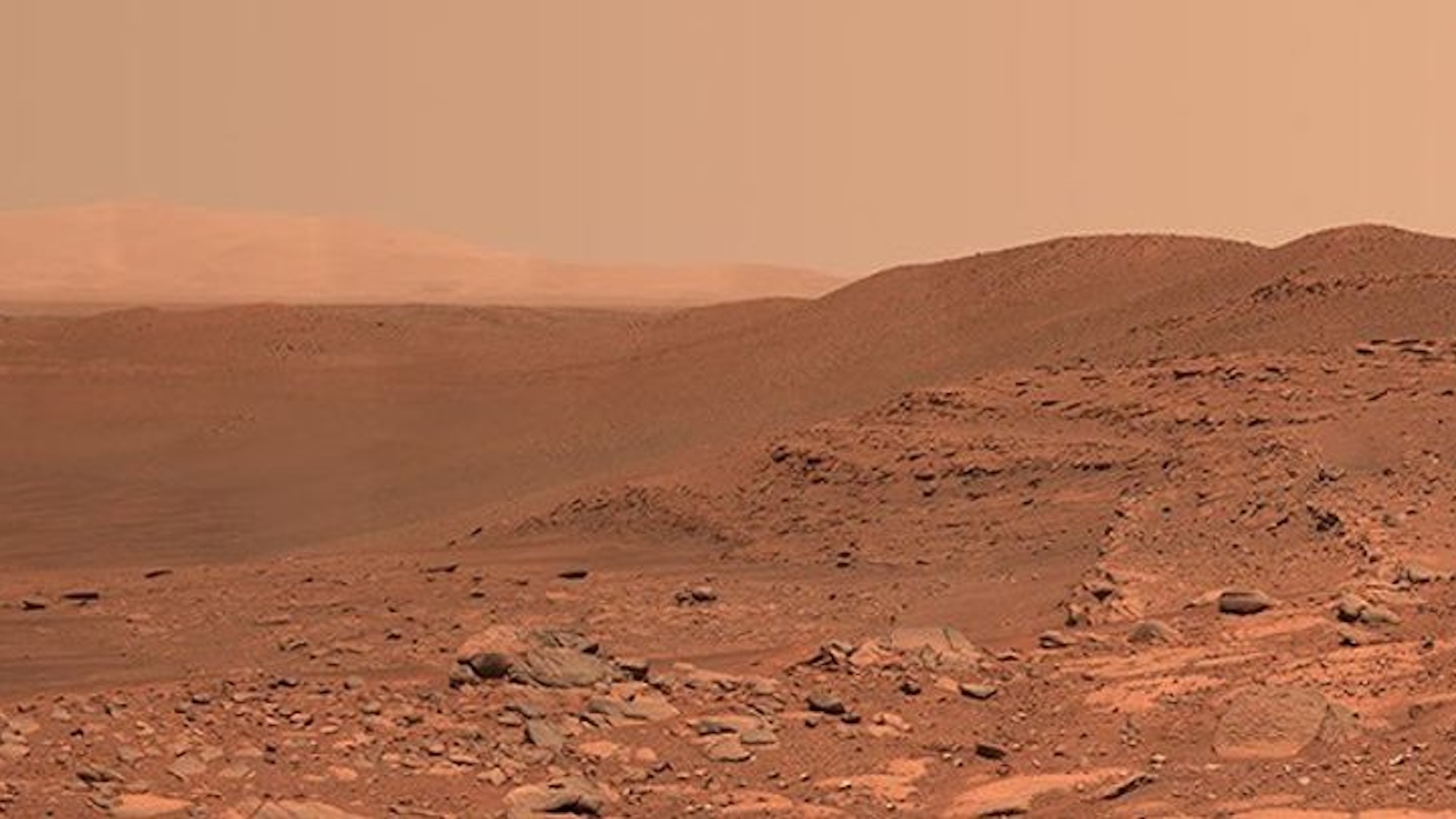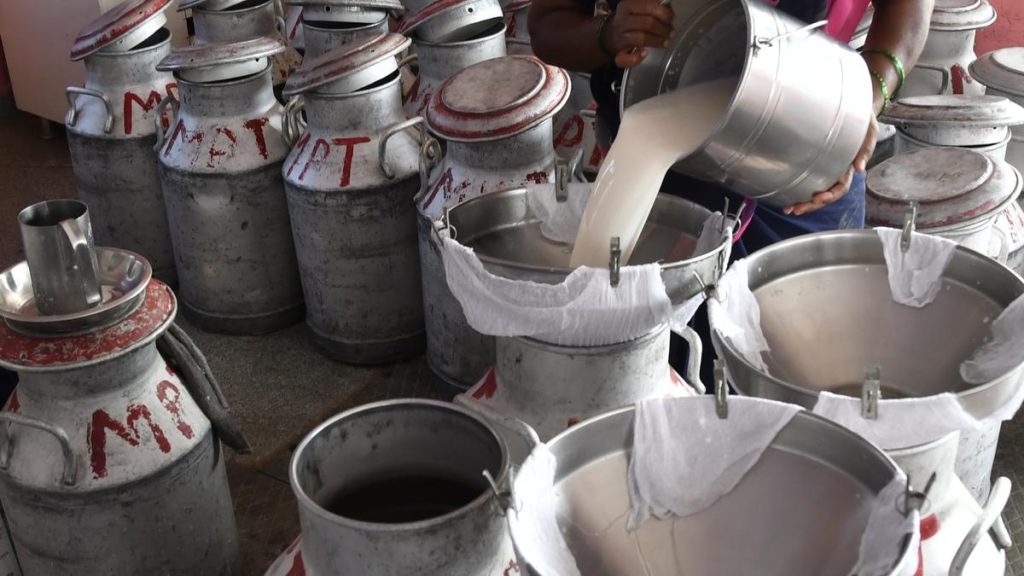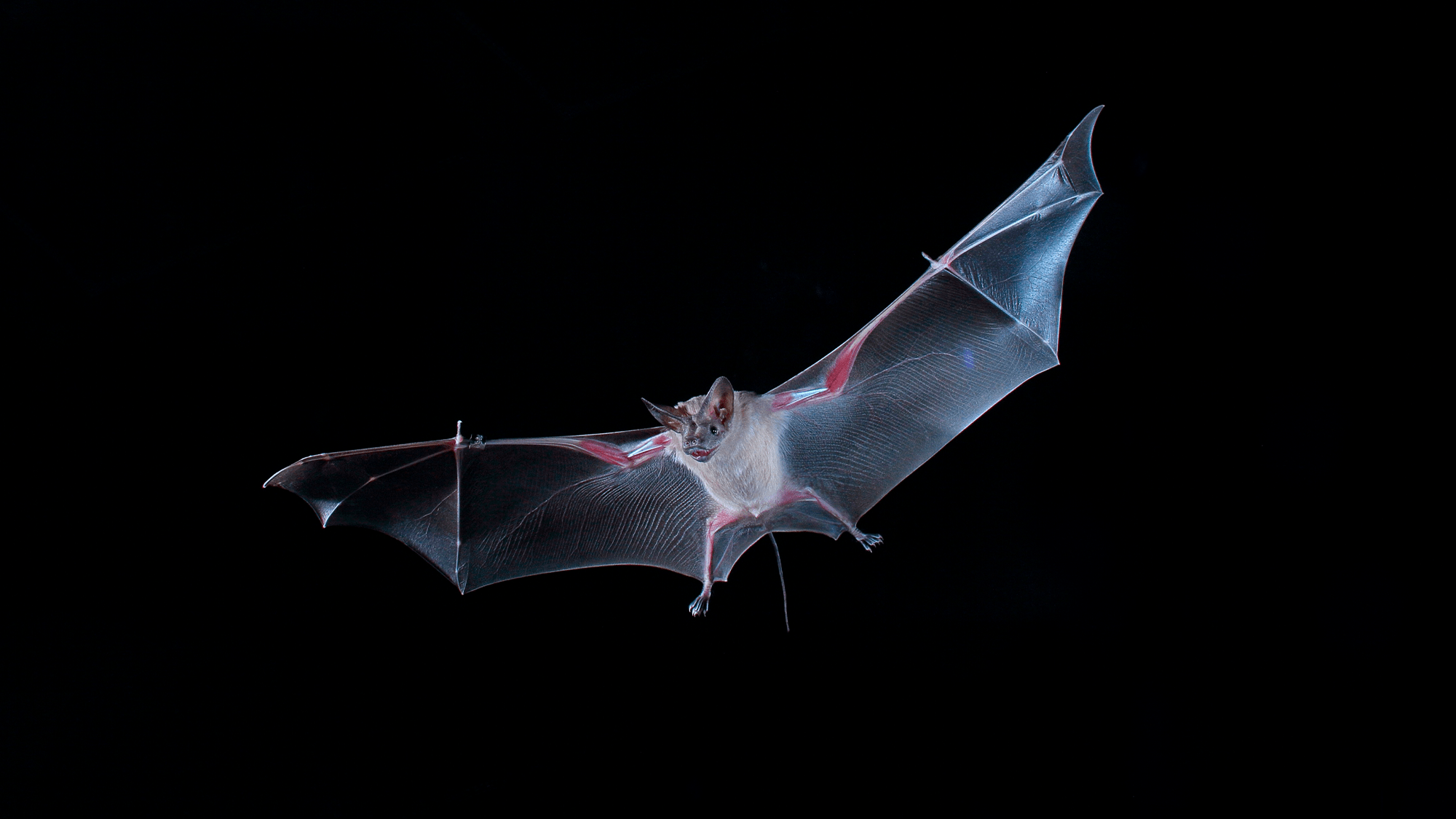Now Reading: Mars Dust Poses Health Risks for Astronauts, Study Finds
-
01
Mars Dust Poses Health Risks for Astronauts, Study Finds
Mars Dust Poses Health Risks for Astronauts, Study Finds

Rapid Summary
- Astronauts traveling to mars face a range of hazards including solar radiation, extreme cold, unbreathable air, and now, toxic martian dust.
- Recent studies emphasize the harmful effects of Martian “regolith,” a fine dust containing particles more abrasive and damaging than earth’s dust.
- Key toxic components include:
– Perchlorates: Can damage thyroid glands and cause aplastic anemia.
– Silica: Can lead to silicosis, a severe respiratory disease.
– Additional elements such as iron oxides, gypsum, arsenic, beryllium, cadmium, and chromium are linked to various health risks like cancer and gastrointestinal inflammation.
- The tiny size (3-8 micrometers) of these particles allows them to bypass mucus defenses in the respiratory system when inhaled or ingested. This could lead to important health issues among astronauts during prolonged exposure.
- Spacesuits provide limited protection; regolith can accumulate in living spaces after excursions outside.
- Co-author Justin Wang remarks that while dangerous, the problems posed by Martian dust should be manageable with proper preparation. Suggested mitigations include exposure prevention measures and medical readiness for worst-case scenarios.
!Martian landscape taken by NASA rover
Indian Opinion Analysis
The findings on Martian regolith highlight critical considerations for any future interplanetary missions. While India is rapidly advancing its space programs through ISRO-led Mars exploration initiatives like Mangalyaan (mars Orbiter Mission), research into astronaut safety will inevitably become essential as ambitions grow toward human spaceflights beyond Earth’s orbit.
Artificial habitat technologies woudl require innovations tailored specifically for environments like Mars-dust mitigation systems could extend not just survival but enduring living conditions on othre planets. Furthermore, Indian expertise in cost-effective solutions might play a role globally if collaborations emerge on interplanetary health challenges.
This also underscores an opportunity for india’s scientific community: expanding focus from orbit-centric missions toward investments in bioastronautics research to address extraterrestrial conditions effectively.

























